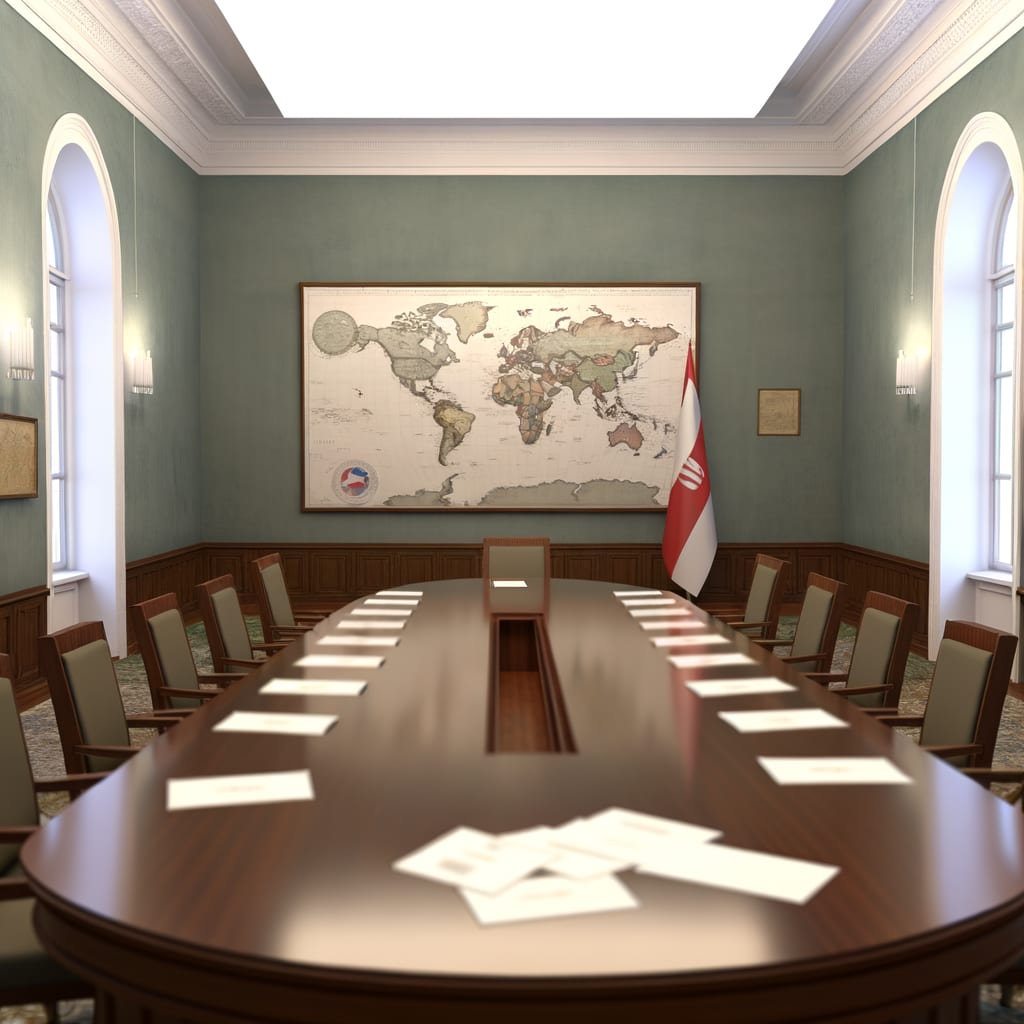Ukraine Faces 'Difficult Choice' Amid Controversial US Peace Plan
Ukraine's President, Volodymyr Zelenskyy, has warned that the country faces a challenging choice between losing its dignity or risking the loss of a key partner, as a controversial peace plan from the US administration puts pressure on the war-torn nation. Zelenskyy's statement comes amid growing concerns over a new peace proposal assembled by US special envoy Steve Witkoff, which appears to favor Russian demands.
Background and Context
The ongoing conflict between Ukraine and Russia has attracted international attention and intervention. The US, a key ally to Ukraine, has proposed a peace plan that seemingly caught European officials unawares. This peace plan reportedly reflects Russia's longstanding demands, including potential territorial concessions for Ukraine. It is also purported to limit the size of Ukraine's armed forces and put a hold on its NATO aspirations.
Key Developments
According to multiple sources, the US has issued an ultimatum requiring Zelenskyy to sign its peace plan by Thursday. The plan, detailed in a 28-point framework, has been a subject of intense criticism and scrutiny. The Kyiv Independent reports that the plan would require Ukraine to cede the eastern Donbas region to Russia and cap Ukraine's armed forces at roughly 600,000 troops. Meanwhile, Russia's UN envoy, Vasily Nebenzya, criticized Zelenskyy's refusal to admit the potential loss of territories, describing it as a political maneuver rather than a military reality.
European leaders have reportedly communicated with Zelenskyy, assuring him of their continued support. Simultaneously, they have expressed unease about the US's peace plan, with some EU nations attempting to rewrite most of the plan's provisions and buy Ukraine more time
.
US President Donald Trump, however, insists that Zelenskyy should accept the peace deal, stating that if the Ukrainian president does not like the plan, they should just keep fighting
. Trump's stance echoes sentiments expressed by US Vice President J.D. Vance, who defended the peace plan and dismissed the notion that increasing pressure on Russia could change the situation on the battlefield.
Implications and Reactions
The US peace plan and its implied concessions to Russia have provoked a range of reactions. Zelenskyy, in a solemn address to the nation, described the situation as one of the most difficult moments in our history
. He acknowledged the pressure Ukraine is under and the difficult choice it faces.
Meanwhile, the Ukrainian UN mission has rejected several key clauses of the US-drafted peace plan, insisting that it will not make territorial concessions or give up on its NATO aspirations. This resistance is mirrored by some US officials, with Former Senate Republican leader Mitch McConnell describing the proposal as a “capitulation” and “disastrous” to American interests.
Conclusion
As the deadline for accepting the peace plan approaches, Ukraine is caught in a bind. The choice between standing firm on principles of sovereignty and risking the loss of a key ally poses a significant challenge for Zelenskyy's administration. The situation remains fluid and fraught with complexity, reflecting the wider geopolitical tensions surrounding the Ukraine-Russia conflict.

